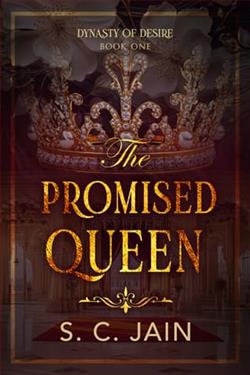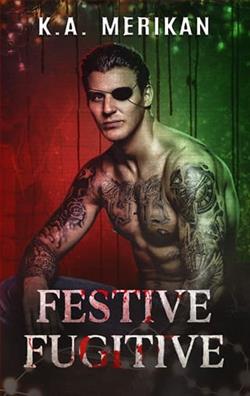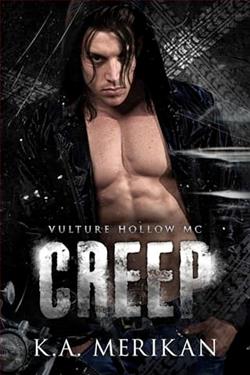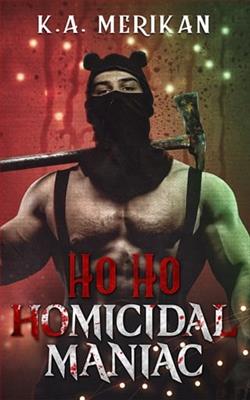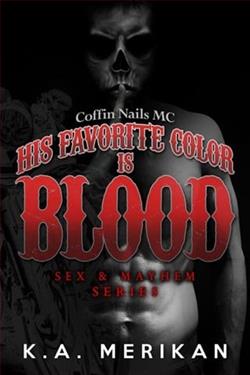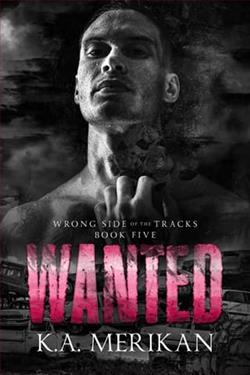Page 147 of Lady and the Hitman
She flinched. “Because you had enough on your plate. Your career was taking off. You were doing so well. We didn’t want to weigh you down.”
“You should have told me,” I whispered.
“We thought we could fix it. We thought we’d turn it around before you noticed.”
I looked around at the place that had raised me. The place I used to run through barefoot, hiding in the fig trees and talking to the lilies like they were friends.
“Does Dad know I’m here?”
She hesitated. “He’s in the greenhouse.”
I nodded once and walked that way, my heart pounding in my throat.
The gravel path to the greenhouse crunched underfoot, loud in the quiet. The sky had started to shift—gray clouds rolling in from the coast, heavy with the promise of rain. My fingers brushed against a cluster ofdying ferns as I passed, brittle and brown, and I felt something fracture inside me.
I hadn’t cried yet. Not when I’d watched those videos of Ronan. Not when I saw the woman he’d once called Lady broken on the floor.
But this? This was different.
This was my parents. My family. The roots of everything I’d ever known.
I reached the greenhouse door and pushed it open.
Heat met me first. Then the dense, earthy smell of soil and water and life. Or what used to be life.
My father stood at the back of the space, bent over a propagation table. His hands were deep in a tray of soil, wrists streaked with dirt, his mouth set in a line I recognized too well—tight, focused, hiding everything he didn’t want to say.
He didn’t look up when he spoke.
“You heard.”
“I saw,” I said quietly.
He nodded once, as if that was enough. As if it explained anything.
“It’s bad,” I added.
“Yeah.”
The word hung in the air, brittle and final.
I walked toward him, slowly, taking in the greenhouse I’d once thought of as holy ground. My sanctuary. The place where I first learned what patience looked like. What resilience smelled like. What it meant to nurture something and hope it would bloom.
Rows of seedlings wilted under fluorescent grow lights. The irrigation system let out a weak, irregular hiss. Plastic trays were cracked. Labels smudged. Even the tools—once cleaned with the same reverence some people gave their altars—were rusting on the counter.
I looked at my dad, really looked at him, and for the first time, he seemed old. Not just older. But tired. Smaller. Like he’d been shrinking under the weight of this secret for years.
“You should’ve told me.”
His jaw clenched. “You were finally happy. Writing. Living your own life. We didn’t want to take that from you.”
“But it’s mine, too. This place. It’s part of me.”
He glanced at the withering hibiscus near the corner, its leaves yellowed and curling. “It used to be.”
That broke something in me. A sharp crack, right down the center.
I remembered running barefoot through these aisles with my fingers trailing the leaves. Sitting in the soil beside him while he taught me how to graft apple trees. Listening to my mother hum to the orchids like they were children in need of lullabies.








